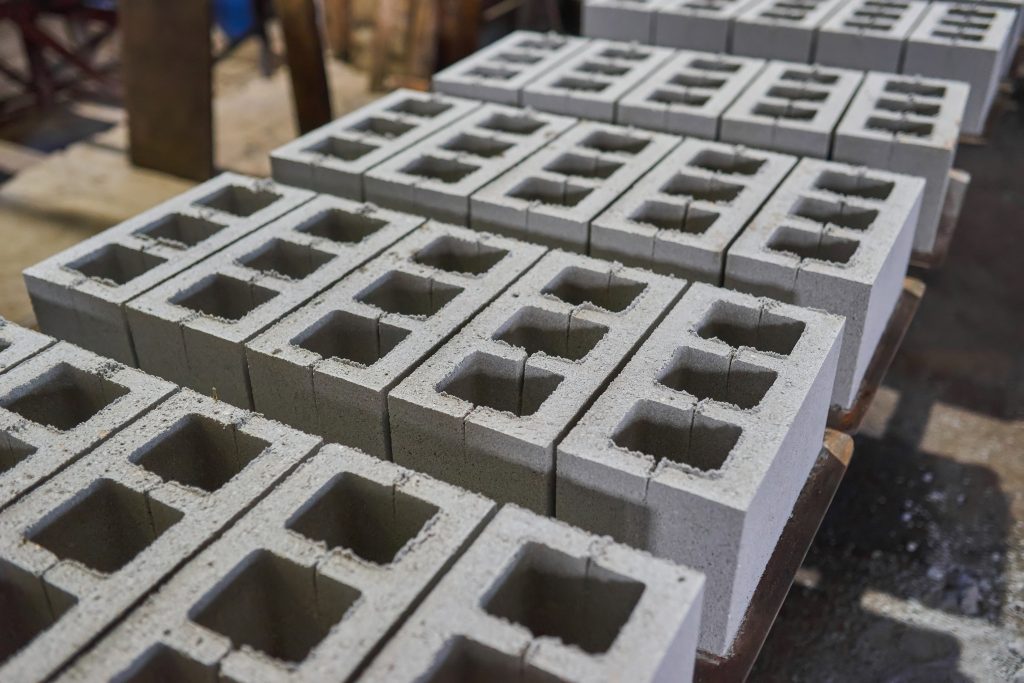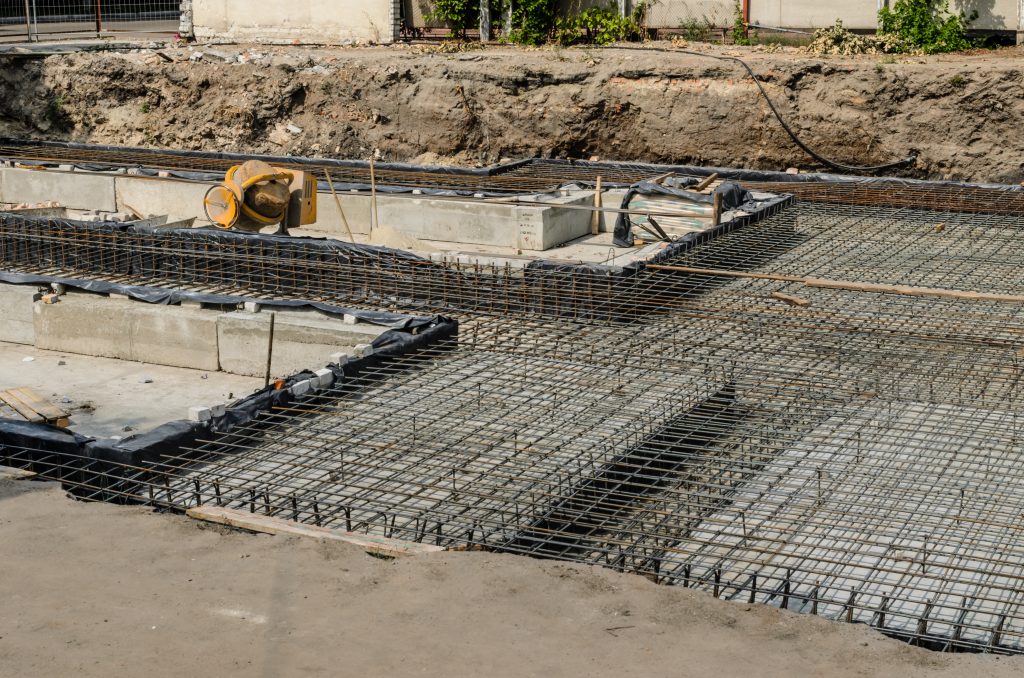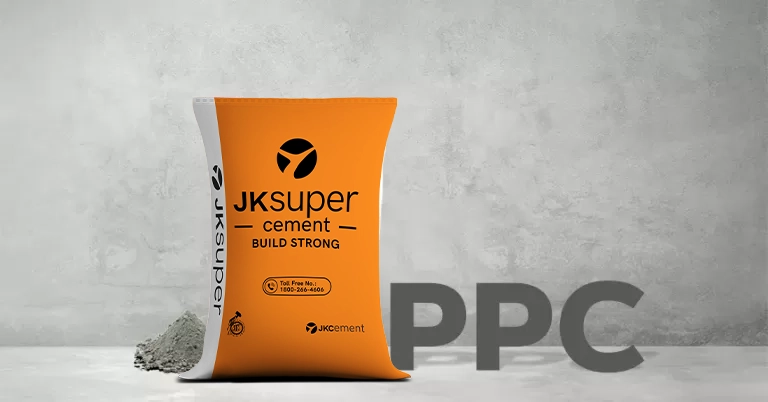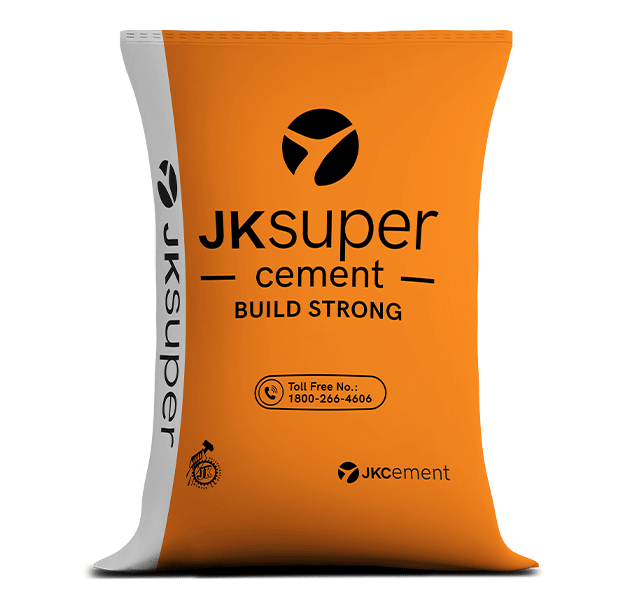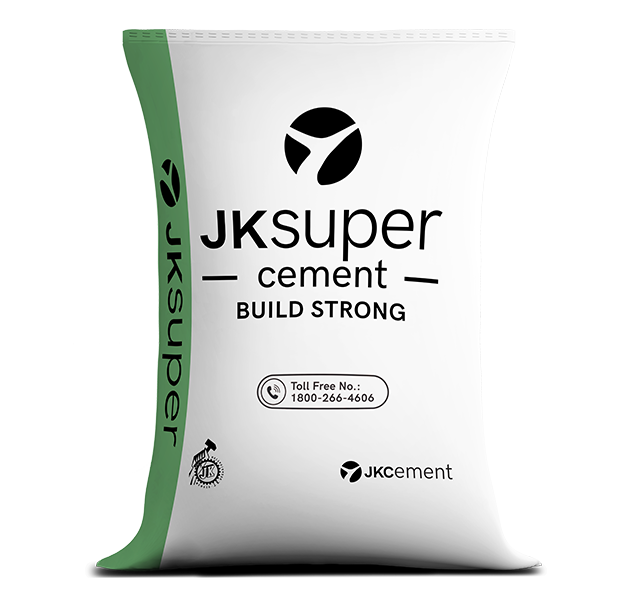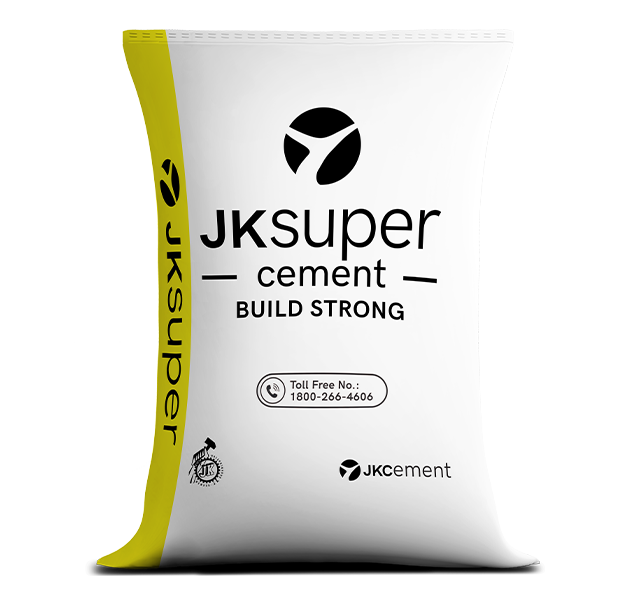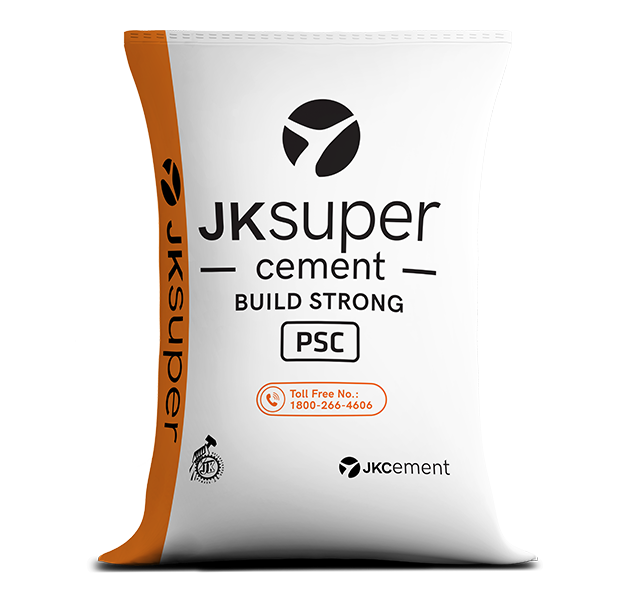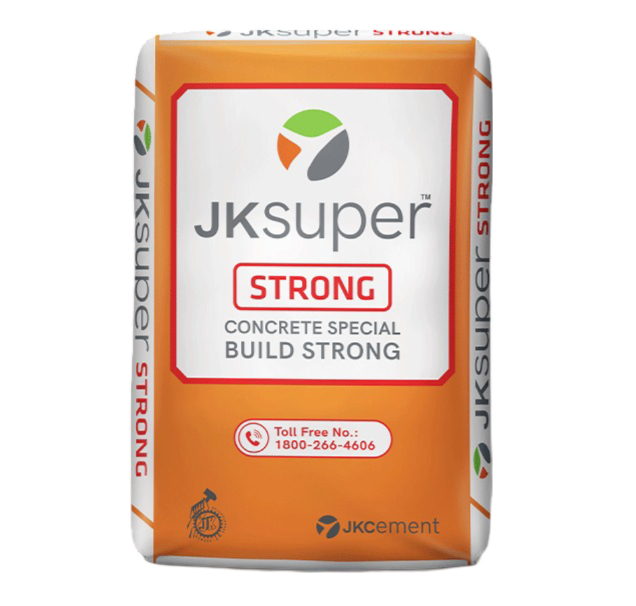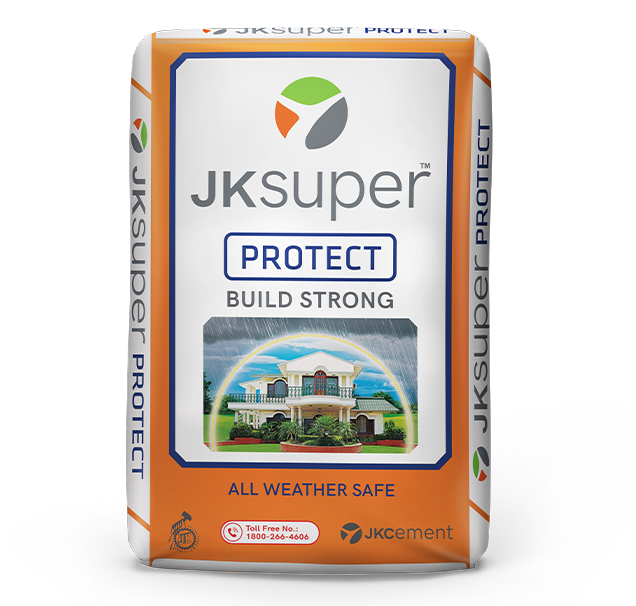Concrete mix ratios refer to the proportions of various components used to create a concrete mixture. These components typically include cement, water, coarse aggregates (such as gravel or crushed stone) and fine aggregates (such as sand). These mix ratios are specific based on the desired strength and workability of the concrete. The ratio of each component determines the characteristics of the concrete, including its strength, durability and workability. In this article, you can get Information about M5 concrete mix ratio.
What is M5 Concrete Ratio?
In M5 concrete mix ratio, the “M” stands for “Mix” and the number 5 represents the compressive strength of the concrete in 1 newton per square millimetre (N/mm2) after 28 days of curing. The mix ratio for M5 grade concrete is 1:5:10, which means that for every part of cement, 5 parts of sand and 10 parts of aggregate are used in the concrete mixture. M5 concrete ratio ensures that the concrete achieves a compressive strength of approximately 5 N/mm2 after proper curing.
Components of M5 Concrete
The components of M5 concrete ratio include cement, sand and aggregate. These components work together to provide the necessary strength and durability to the concrete mixture. The cement acts as a binding agent, while fine particles like sand fill the gaps between the aggregate. The aggregate, which can be a combination of crushed stone, gravel or other materials provides strength and stability to the concrete.
Purpose and Use of M5 Concrete
M5 ratio concrete can vary depending upon its specific application and requirements. Here are a few common uses of this grade concrete:
Non-Structural Applications:
M5 concrete is often used for non-structural components. Examples include levelling beds, basement floors and simple footings. It can withstand moderate load or pressure.
Light-Duty Applications:
M5 concrete is suitable for light-duty applications where the concrete is not subjected to significant stress or heavy loads.
Support and Backfill:
M5 concrete is sometimes used as support or backfill material for utility installations, pipes or other underground structures. It can provide stability and fill voids while offering a certain level of strength.
Trench Filling:
This grade of concrete is used for filling trenches or cavities where structural requirements are minimal. Here, it can help provide support and stability to the surrounding soil.
Mixing and Proportions for M5 Concrete
Here is a general guideline for the design of M5 concrete mix ratio:
Mix Proportions:
As mentioned above the mix ratio for M5 concrete is usually 1:5:10 (Cement: Sand: Coarse aggregates).
Water-Cement Ratio:
The water-cement ratio usually ranges from 0.5 to 0.6. A lower water-cement ratio would result in a stronger and more durable concrete mix. However, lesser water may also result in a concrete mix that may not be as workable as needed. More water means more workability; however, the resulting concrete structure may lose its strength and durability. The water quantity to be used is relative to the moisture content in the sand and coarse aggregates.
Curing:
It is advisable to cure the M5 grade concrete for at least 7 days in moderate environmental conditions to get the required strength. In a dry and hot weather conditions, the concrete should be cured for at least 12 days.
Strength and Durability of M5 Concrete Ratio
As mentioned above M5 concrete has a characteristic compressive strength of 5 megapascals (MPa) after 28 days of curing. This compressive strength value represents its ability to withstand the maximum compressive load before it falls.
In terms of durability, M5 concrete is considered to have a decent level of durability. It can provide sufficient strength and durability for non-structural applications, light-duty uses and filling purposes where the concrete is not subjected to significant stress or heavy loads.
Factors Affecting M5 Concrete Quality
Several factors can affect the quality of M5 concrete. Here are some key factors to consider:
Cement Quality:
The quality of the cement used in the mix significantly impacts the strength and durability of the concrete. Using high-quality cement ensures a consistent and reliable product.
Aggregate Quality:
The quality and characteristics of the aggregates, such as sand and coarse aggregates like crushed stones and gravel, can affect the properties of the concrete.
Curing:
This process is essential for the development of stability in concrete. Adequate curing methods, such as keeping the concrete moist and maintaining the right temperature, should be followed.
Admixtures and Additives:
Chemical substances can be added to the cement at the manufacturing stage or in during concrete mixing stage to enhance the property of the concrete. These can include pozzolanas (fly ash, silica fume, rice husk ash, etc.) or ground granulated blast furnace slag, air entraining admixtures, superplasticiser, etc.
Environmental Conditions:
Environmental factors such as temperature, humidity and exposure to chemicals or aggressive substances can impact the quality of the concrete. It is important to consider these factors during the mixing, placing and curing processes.
Discover the perfect concrete cement for your next project with JK Cement.
FAQs
Is M5 concrete suitable for structural purposes?
No, it is not. M5 grade of concrete has compressive strength of 5N/mm2. Typically, for structural purposes, a concrete grade of M20 and above is desirable.
How can the quality of M5 concrete be ensured?
Quality of M5 grade concrete can be achieved through proper mix design, using quality materials, maintaining an appropriate water-cement ratio, ensuring thorough mixing and compaction and following a proper curing process. Regular quality control tests, such as slump tests and compressive strength tests, can also be useful.
What are the different grades of concrete?
The grade of concrete can range from M5 to M80. These grades are divided into ordinary concrete, standard concrete and high strength concrete.
Can M5 concrete grade be used in Do-It-Yourself (DIY) projects?
Yes, M5 concrete grade can be used in non-structural DIY projects.

